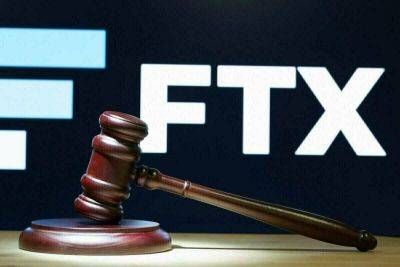Ethereum's Layer 2 Debate: Buterin Aligns with Daniel Wang on Validium Classification
Ethereum's co-founder, Vitalik Buterin, has sparked a significant discussion in the crypto community regarding the classification and nature of layer 2 scaling solutions, especially focusing on the concept of validiums. This debate arises following Buterin's agreement with a statement by Daniel Wang, the founder of the Ethereum rollup solution Taiko, on the classification of certain layer-2 solutions as validiums.
Buterin concurred with Wang's view that Ethereum rollups utilizing external data chains, such as the modular blockchain Celestia, should be considered validiums rather than traditional rollups. The crux of this classification lies in the security guarantees provided by these solutions. Buterin emphasized that the essence of a rollup is its unconditional security guarantee, which allows users to recover their assets even in cases of collusion. This level of security is compromised when data availability relies on external systems, a characteristic of validium networks.
Validiums, a subset of Ethereum scaling solutions, use zero-knowledge proofs to facilitate off-chain transactions while depending on Ethereum's mainnet for security and verification. Unlike zero-knowledge rollups that batch transactions on a layer-2 network and then verify them on Ethereum's main chain, validiums do not post full transaction data to the main chain. Instead, they post cryptographic proofs of the transactions' validity, aiming for greater scalability since the complete transaction data isn't stored on-chain. However, this approach has its drawbacks, notably in terms of data availability, as it depends on operators to post honest proofs.
The debate around validiums and their classification as layer-2 solutions is not just
Read more on blockchain.news





















